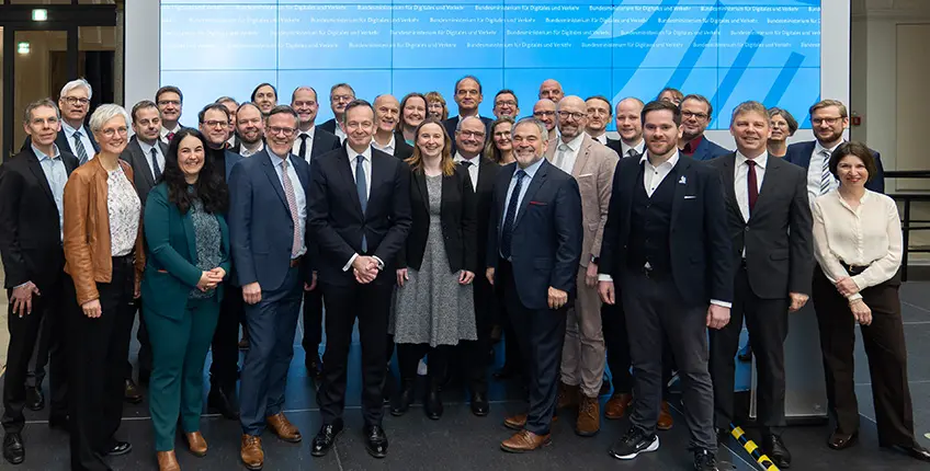The Federal Ministry for Digital and Transport (BMDV) is continuing to bolster its commitment to hydrogen technology through a significant investment in two new innovation centers: one in Chemnitz and another in the north of the country.

At a ceremony in Berlin, Minister Volker Wissing awarded grants totaling 154 million euros, highlighting hydrogen’s potential to transform mobility and industry into a more sustainable model.
Of the total amount, Chemnitz will receive approximately 84 million euros, of which 14 million euros will be co-financed by the state of Saxony.
The funds come from the German Recovery and Resilience Plan, which is financed through the European Union’s NextGenerationEU initiative.
The Hydrogen Innovation Center (HIC) in Chemnitz will focus on transforming the supply industry and mechanical engineering. Its work will concentrate on components, assemblies, systems, and new testing techniques, with a special interest in fuel cells and hydrogen applications.
In northern Germany, the Hanseatic Hydrogen Center for Aviation and Maritime (H2AM) will seek solutions for maritime and aviation transportation.
This center will focus on developing fuel cell systems, hybrid propulsion, hydrogen storage methods, and logistics for hydrogen and its derivatives.
Both facilities will be equipped with advanced laboratories and specialized workshops, enabling them to operate at the highest international standards in research, certification, and technological standardization.
A Boost for the Economy and the Energy Transition
Minister Volker Wissing emphasized that hydrogen is not only a key tool for meeting climate goals but also an opportunity to strengthen Germany’s technological position in the global market.
Dirk Panter, Minister of Economy for Saxony, highlighted the importance of the HIC in Chemnitz as a new driver of economic development, noting that this project will solidify the region’s role as a key player in the international hydrogen technology sector.
Hans-Georg Tschupke, chairman of the Hanseatic Hydrogen Center, underlined the northern region’s ability to leverage its century-long legacy in maritime and aviation sectors.
According to Tschupke, these initiatives will enable small and medium-sized enterprises to become leaders in decarbonization, benefiting from the favorable environment these new infrastructures provide.
The Role of Hydrogen in the National Strategy
Both centers are fundamental pillars of Germany’s National Hydrogen Strategy.
In addition to providing cutting-edge testing and development environments, they are intended to foster collaboration between businesses, research institutes, and public authorities.
This comprehensive approach aims to accelerate the transition to clean technologies, positioning Germany as a leader in the hydrogen economy.
With these investments and support for projects like the ITZ-H2, Germany is taking a decisive step towards a more sustainable and competitive future in the European industrial landscape.
Read more:
-
6 days left: How to make EV charging stations reliable, visible and durable?
On 5 November, Data Modul will host a web seminar on HMI solutions for EV charging stations — a must-attend event for manufacturers seeking to innovate and optimise their products.
-
Rightcharge secures £1.6M to boost EV charging payments for Europe’s fleets
Public charging remains fragmented and reimbursing employees for home charging is often slow and error-prone. However, fleets using Rightcharge can reduce charging costs by up to 90%.
-
Strong demand for France’s social EV leasing with 41,500 cars already leased
To date, over 41,500 vehicles have been leased, including more than 11,360 by beneficiaries who live or work in areas where air quality is a concern.










